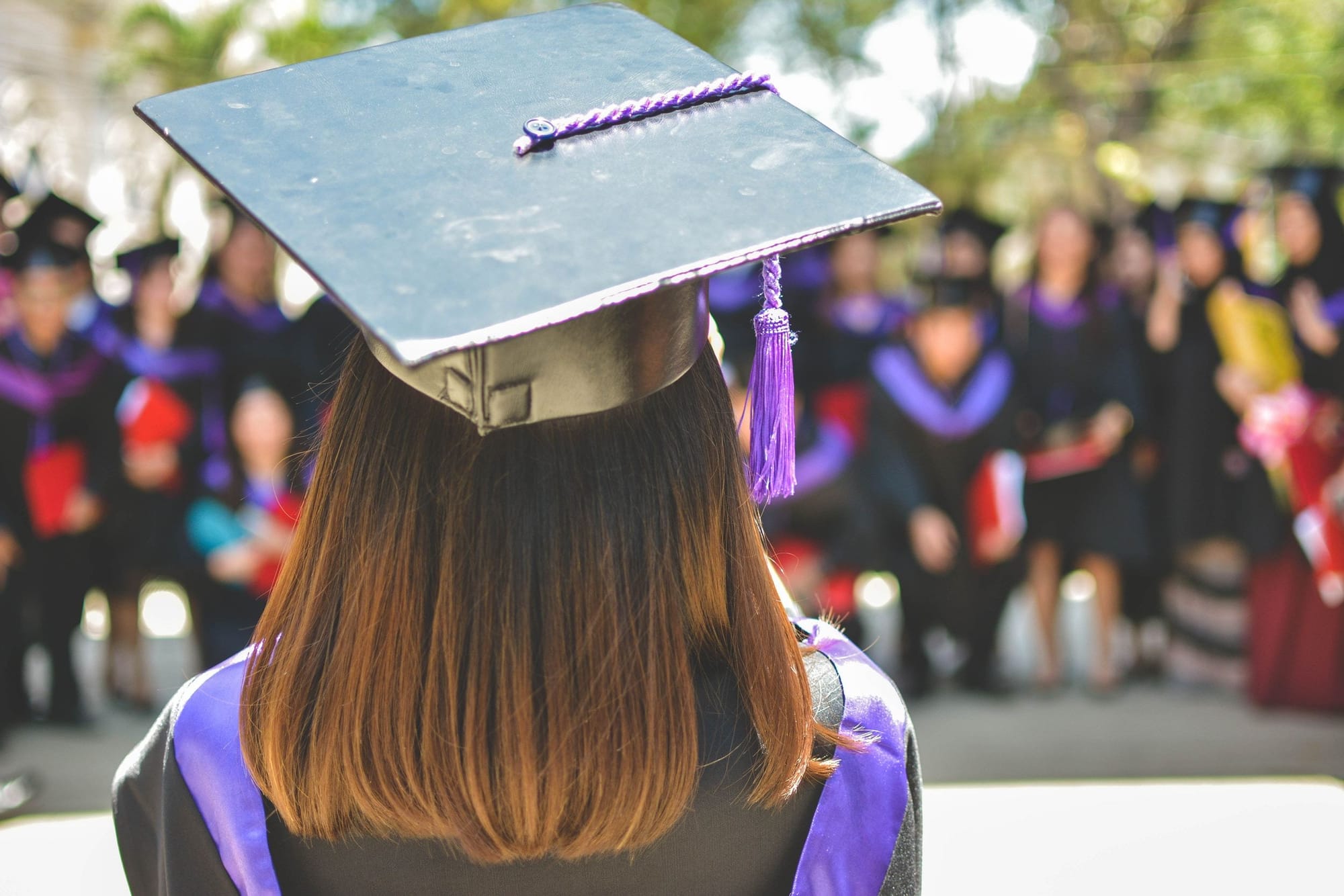A Private Experience

When I was younger, my father told me that “education is a private experience,” so I was prepared for what would become my experience of self-advocacy. I just didn’t expect it to be so lonely.
The obstacles I have faced over the years made it so. This was never more evident than when I navigated the internship process while pursuing my Master’s in Social Work. The ableism and lack of understanding of learning differences I faced during this time was profoundly disappointing. Coming from an institution that prided itself on principles of inclusion and social justice made it all the more shocking.
At first, my internship assignment excited me. The placement instructor knew about my learning disability. That and my hearing loss meant I needed structure and guidance—especially when outside of a traditional classroom environment. I could tell that my instructor’s own responsibilities would make it impossible to accommodate my learning needs, and so I left my internship after several days.
On my last day, I had a meeting with the instructor and my advisor, whom I had only recently met. She knew nothing about me. She told me that my issues—needing more structure and guidance, having anxiety and my trouble acclimating—were typically not issues she encountered with second-year students. I explained to her that I needed certain accommodations because of my learning disability.
“The school should have sent in disability documentation,” she replied dismissively.
A week and a half later, I met with the internship directors to explain my situation. They said that the disability office was not allowed to disclose information about students, contrary to what my advisor told me in our meeting. This showed disorganization and lack of communication on the school’s behalf.
A week later, I received an email informing me the directors had requested an educational review meeting. According to the student handbook,educational review meetings were for students having “serious problems” at their internships. My frustration mounted: I didn’t even have an internship. I was still anxious about finding one and having to make up my hours.
The day of the meeting came and I felt like I was on trial for a crime that I did not commit. The director identified me as the problem, saying that I “cannot understand how my behavior affects others, from their point of view,” which hurt to hear. It also infuriated me: words like “cannot” or “unable” should never be used to describe students. By this point, the school’s shame-by-committee approach actually had me craving the private experience my father spoke of.
It had been difficult for me, on my own, to operationalize exactly what I needed, which is common for individuals with learning disabilities. And the internship department was very quick to stigmatize me, both for struggling to describe what my needs would be and for needing accommodations. Ultimately, though, the meeting’s result was to connect me with the school’s disability center and create a list of accommodations for my internship. Ironically, my “accommodations” were things that an instructor should be doing with any student in any circumstance: setting clear guidelines, giving step-by-step instructions, repeating these if needed, and meeting with me regularly
The experience of grappling with the school impacted more than just my education. It exacerbated my anxiety, depression, and self-worth issues, all common traits for those with a learning disability. The existing damage made worse, I had to remind myself that their actions—or failure to act, in some cases—were in no way a reflection of me. The memories of this experience still impact me today. I remind myself I am an individual with a story and a path of my own. I am not an anomaly. I am not an inadequately performing student because of my learning needs. My learning disabilities are what drove me to the social work field in the first place, so I could work with students like me, both in a school setting and through advocacy work.
I was—and still am—extremely grateful to the disability center for advocating on my behalf. They supported me through the rest of my schooling. In my moments of self-doubt, I have relied on those who have unconditionally supported me. They remind me of how far I’ve come and what I’m continuing to do in life. I know that my struggles have shaped who I am and I’m lucky to have the opportunity to tell my story, with the hope that it’ll help someone else. Being an individual with a learning disability is something that I will carry for the rest of my life. It will drive me to fight for my students to receive the support and understanding that they deserve.
And I will tell anyone who listens: your education is a private experience, but that doesn’t mean you need to go it alone.
